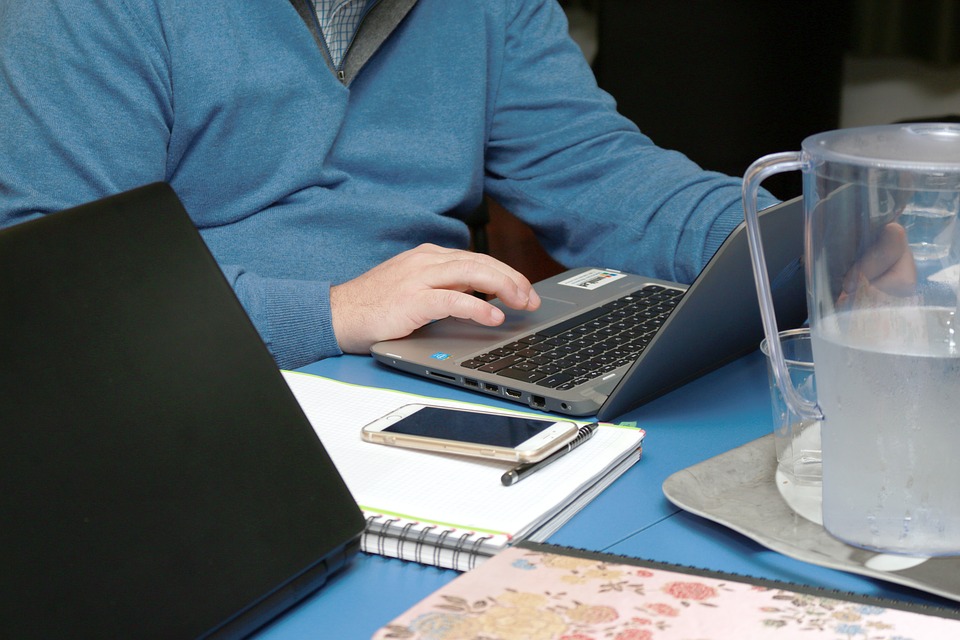Just when more and more businesses are recognising the disadvantages of ‘work from home’, the Cyprus government has decided to introduce it in the public service. In fact, in many countries, businesses are trying to end the trend of hybrid work or drastically restrict it because there are no real benefits.
The practice, although it existed before the outbreak of the pandemic, became the norm during lockdown, when businesses were forced to introduce work from home to carry on operating. At the time, anything was better than shutting shop, but after the end of Covid there was no going back. Work from home appeared to have become a worker’s right, with job applicants asking how many days they would be able to work without showing up at the office.
Admittedly, digitalisation has made it possible for people in many jobs to work from home without their productivity and output being affected. As long as a worker is meeting the targets set, an employer is unlikely to be bothered about where he works. Sales jobs, for example, can be done from anywhere because it is easy for a salesperson’s performance to be monitored remotely. There are jobs, however, for which an employee’s physical presence at the workplace is necessary.
Hybrid work is not very widespread in local businesses although it exists, but ever since Covid, when civil servants got the taste for it, their union Pasydy has demanded it be formally introduced. The relevant bill, prepared by the finance ministry was presented and discussed at the House of Representatives finance committee on Monday.
A lot of nonsense was spoken by the finance ministry official presenting the bill. The introduction of flexible types of employment in the public sector formed part of the government drive to reform the sector, said the official. Even the reform of the public sector involves making the working life of public servants easier, rather than improving the lousy service they provide to people.
Does the government seriously think that employees whose work is marked by low productivity and inefficiency when supervised at the workplace would be productive when working from home? They will be even less productive because the culture in the public service is to get away with as little meaningful work as possible. At home, low productivity will take a nosedive.
Another ludicrous argument supporting the bill was that working from home would help civil servants develop their digital skill sets as well as “improve the balance between career and family.” The implication is that working from home might motivate civil servants to develop their digital skills. They have no incentive to do this at the workplace, which is why the civil service is hiring more people in the age of digitalisation and resisting all attempts to abolish the use of paper. As for the “balance between career and family,” we can only laugh as it already exists for public servants who get off work by 2.30pm.
Work from home for the civil service is the most stupid reform yet and the government must reconsider a measure that would make the least productive workers of the economy even less productive.






Click here to change your cookie preferences